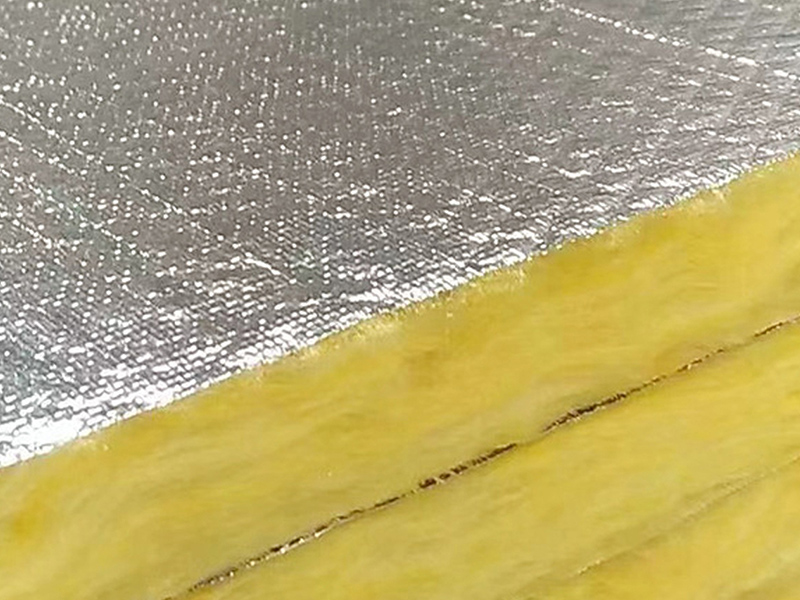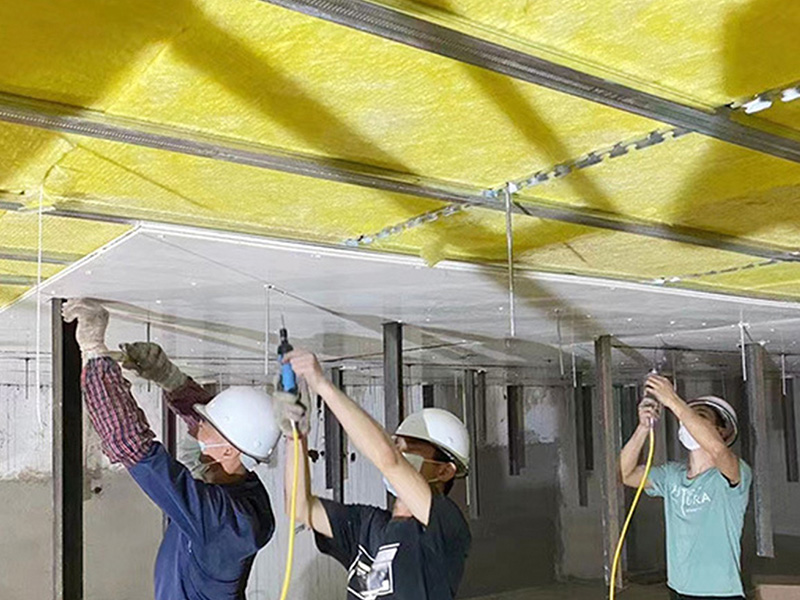Mineral Wool vs. Fiberglass Cost: Best Insulation Material?
This blog post compares mineral wool and fiberglass insulation, focusing on their costs, properties, and suitability for different applications. It helps professionals in the industry make informed decisions based on budget, environment, and material benefits.
Rockwool vs. Fiberglass: Which Insulation Material is Better?

What is Mineral Wool?
What is Fiberglass?
Mineral Wool vs Fiberglass Cost Comparison

- Material Costs: Fiberglass typically boasts a lower upfront cost compared to mineral wool. For large-scale projects with budget constraints, this can be a critical deciding factor.
- Installation and Maintenance: The installation process for fiberglass is generally easier and less time-consuming than mineral wool, which may require specialized handling due to its density and weight. However, mineral wool's durability means potentially lower maintenance costs in the long run.
- Energy Efficiency: Both thermal insulators offer significant energy-saving benefits. Mineral wool’s dense composition can lead to better insulation capabilities, reducing heating and cooling costs. While fiberglass is effective, it might require additional thickness to match mineral wool’s performance.
- Environmental Impact: Mineral wool is more environmentally friendly as it is often produced from recycled materials. However, newer fiberglass products have improved, offering greener options that rival mineral wool in eco-friendliness.
How to Choose Insulation Materials for Different Applications?
- High-Temperature Environments: Mineral wool is the superior choice due to its fire-resistant properties.
- General Residential Use: Fiberglass is often chosen for its cost-effectiveness and ease of installation.
- Soundproofing Needs: Mineral wool’s density provides better soundproofing, making it ideal for acoustic-sensitive projects.
- Moisture-Prone Areas: Mineral wool offers superior water resistance, making it more reliable in wet conditions.
Conclusion
FAQs

Best Car Sound Insulation Material Suppliers List

10 Best Industrial Rubber Sheet Manufacturers

How to Insulate Pipes in Attic: Easy Steps for Energy Efficiency

2025 Tips: What is the Best Insulation for Pex Pipe

How to Insulate Pipes: Effective Solutions for Long-Term Protection
service
Can I request custom dimensions or properties for my insulation needs?
Yes, we specialize in custom solutions. Whether you need specific dimensions, thicknesses, densities, or additional coatings, we can work with you to manufacture insulation products tailored to your exact requirements of good materials for heat insulation.
What types of rubber foam insulation products do you offer?
We offer a wide range of rubber foam insulation products, including custom shapes and sizes, thermal and acoustic insulation solutions, and options with specialized coatings such as flame retardancy and water resistance. Our products are suitable for applications in HVAC, automotive, construction, and more.
What is your shipping and delivery process like?
We offer reliable logistics services for insulation material wholesale, both domestically and internationally. Our team ensures secure packaging, timely shipping, and real-time tracking so that your order reaches you in perfect condition and on schedule.
How does your technical support work?
Our technical support team is available to guide you through every stage of your project—from product selection and design to installation. We provide expert consultation to ensure that you get the best insulation solution for your needs and can assist with troubleshooting if needed.
FAQ
What is the typical delivery time for custom orders?
Our daily production capacity is 800 cubic meters. Delivery time varies depending on the complexity of the insulation material wholesale order, but we can deliver large quantities of customized products within 4-6 weeks after the approval date, and small quantities can be delivered within 15 days.
You might also like



This product has passed the national GB33372-2020 standard and GB18583-2008 standard. (The product is a yellow liquid.)
Anggu foam phenolic glue is a kind of glue with corrosion resistance, low odor, high strength and excellent brushing property. Can be sprayed for construction with fast surface drying speed, long bonding time, no chalking and convenient operation.

This product has passed the EU REACH non-toxic standard, ROHS non-toxic standard. (The product is black glue.)
Anggu 820glue is a low-odor, high-strength quick-drying glue; Fast drying speed, long bonding time, no powder, non-toxic.
Leave a message
Have any questions or concerns about our products? Please leave us a message here and our team will get back to you promptly.
Your queries, ideas, and collaboration opportunities are just a click away. Let’s start a conversation.


















































